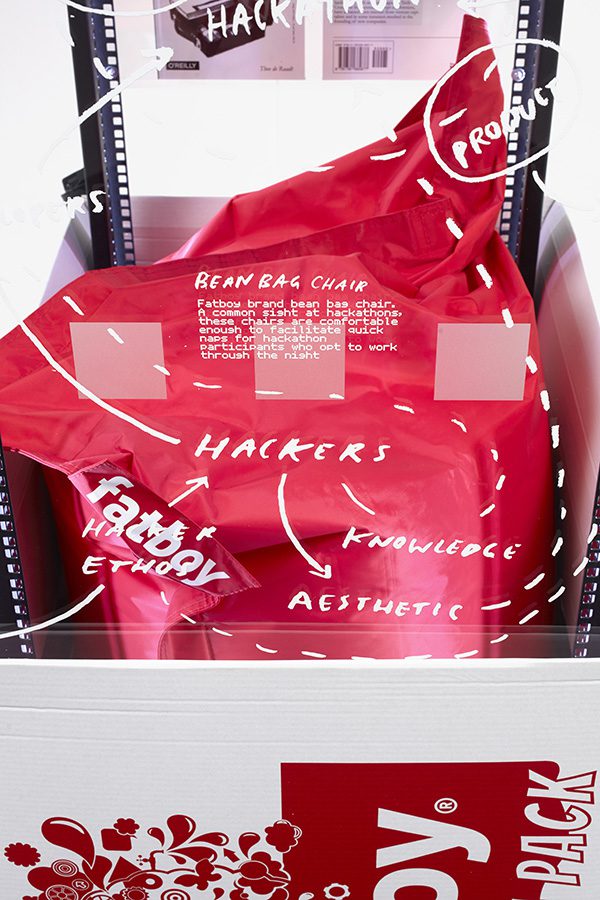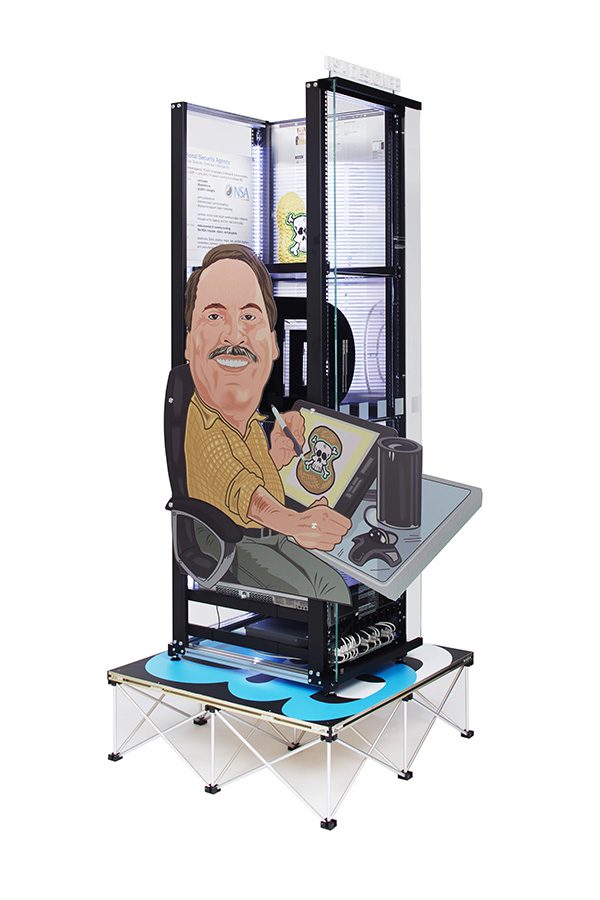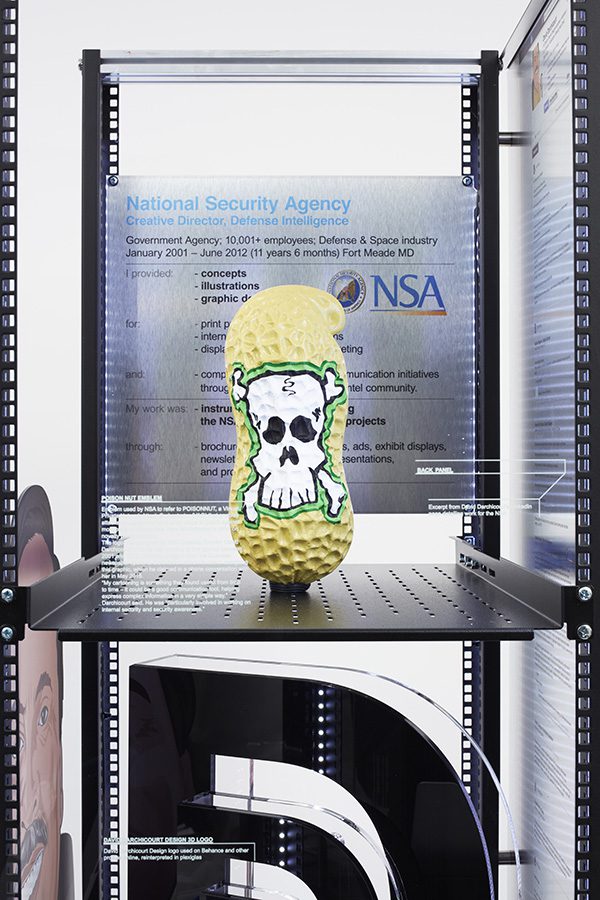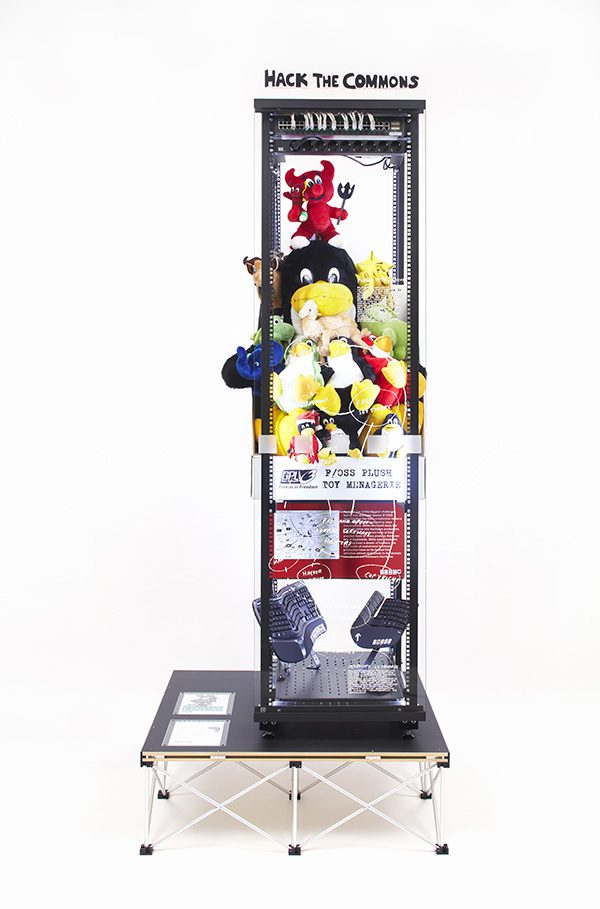ART CITIES:Brussels -Simon Denny
 Simon Denny is one of the leading figures of a generation of artists who employ content from the tech industry, the language of advertising and the aesthetics and ideologies of corporations or government bodies to scrutinise technology’s role in shaping global culture. With the precision of an investigative journalist, Denny’s complex and layered installations translate the often problematic histories and events associated with management and governance into visual form.
Simon Denny is one of the leading figures of a generation of artists who employ content from the tech industry, the language of advertising and the aesthetics and ideologies of corporations or government bodies to scrutinise technology’s role in shaping global culture. With the precision of an investigative journalist, Denny’s complex and layered installations translate the often problematic histories and events associated with management and governance into visual form.
By Dimitris Lempesis
Photo: WIELS Contemporary Art Centre Archive
Simon Denny for his first solo exhibition in Brussels “Business Insider” brings together two bodies of recent work. The exhibition appropriates the title of a popular US-founded global news website, which features business, technology and celebrity stories. Its CEO and editor is a former Wall Street securities trader, who was charged with fraud and banned from trading. Using a title that is anonymously corporate yet politically charged, Denny raises the question of his own complicity with the fields that he investigates. It features key elements from “Secret Power”, his project for the New Zealand Pavilion at the 2015 Venice Biennial, the project highlights a changed gaze that is more markedly anthropological in its analysis of the visual culture of the National Security Agency (NSA). This process refocuses on NSA’s aesthetic imagery, starting with the information contained in the Power Point slides revealed by Edward Snowden and highlighting New Zealand’s core role in the Five Eyes alliance, alongside USA, GB, Canada and Australia. Denny focuses on the design and illustrations in these internal PowerPoint slides, scrutinizing how their iconography might reveal the culture inside mass surveillance organisations. The exhibition also includes Denny’s “Products for Organising” (2015), first produced on the occasion of his exhibition at the Serpentine Galleries in London. The exhibition had divided the Gallery into two sections labeled “Products for Emergent Organisations” and “Products for Formalised Organisations”. These works investigate the evolving culture (and cult) of management in both private companies and public institutions. Tracing the emergence of hacker culture and its co-option by government and big business as a catalyst for innovation, Denny suggests the interdependency of seemingly contrary forces. He examines the ways that large organizations are adopting management practices and corresponding architecture, based on models of flexibility and collaboration that were fundamental to counter-culture collectives.
Info: Curator: Zoë Gray, WIELS Contemporary Art Centre, Avenue Van Volxemlaan 354, Brussels, Duration: 20/5-14/8/16, Days & Hours: Tue-Sun 11:00-18:00, www.wiels.org





